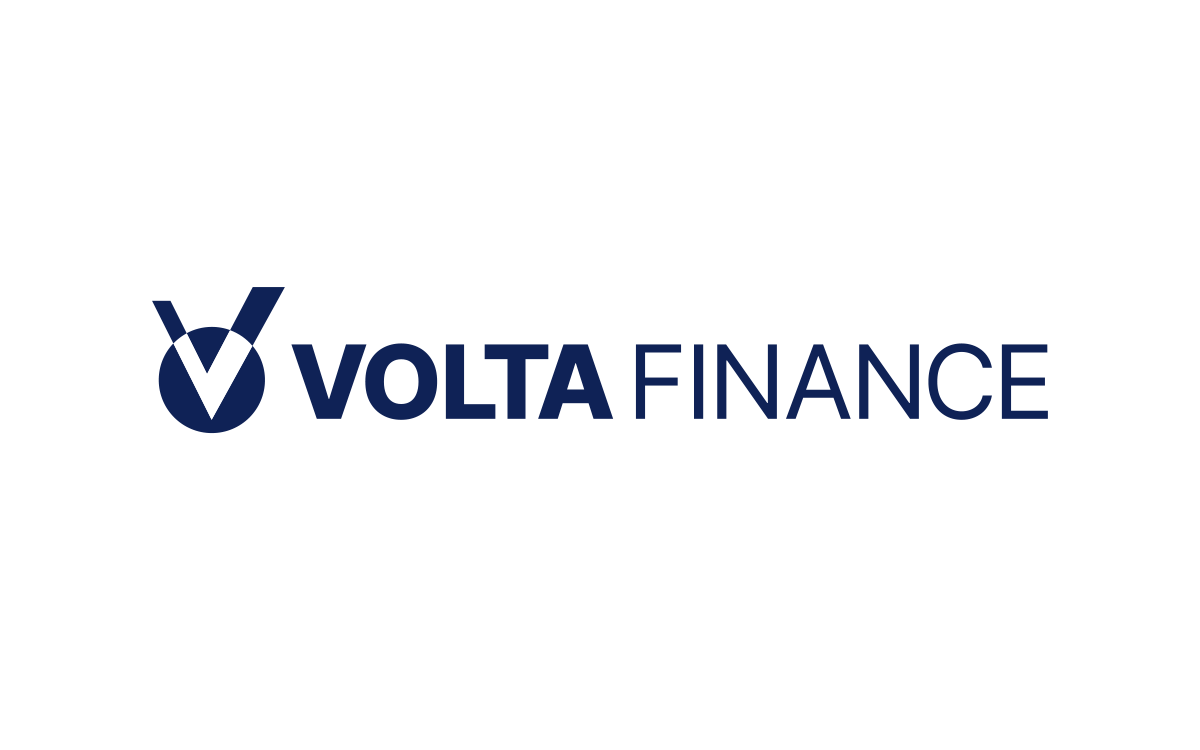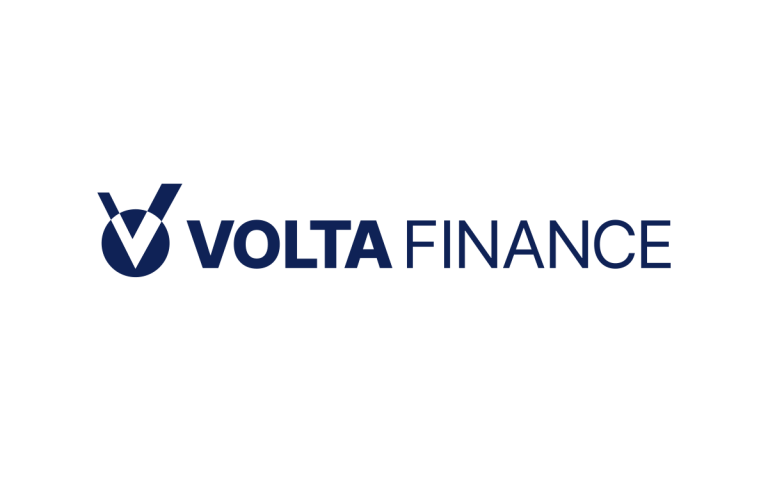The language of collateralised loans has long carried weight among institutional investors with an appetite for structured credit, but the framing is evolving. Increasingly, investors are considering how they can be employed with greater precision, particularly when seeking access to exposure that lies outside the conventional realm of publicly traded bonds.
At the heart of this interest is the way these vehicles can embed credit risk in a way that is not immediately directional. Unlike high-yield bonds or leveraged credit ETFs, collateralised loan obligations often reflect a diversified basket of underlying corporate loans, which may behave in non-linear ways during market stress. For those managing long-term portfolios, this has sparked interest in how such structures can be used selectively to balance liquidity constraints with desired exposure to corporate credit quality.
In some markets, such as Austria’s, structured instruments have quietly matured into more flexible offerings, accessible not only to retail segments but also to professional portfolios. Products such as capital-protected certificates or credit-linked notes are being reconsidered for how they fit into an overall asset allocation philosophy that prizes optionality.
Volta Finance Ltd (LON:VTA) is a closed-ended limited liability company registered in Guernsey. Volta’s investment objectives are to seek to preserve capital across the credit cycle and to provide a stable stream of income to its Shareholders through dividends that it expects to distribute on a quarterly basis.






































